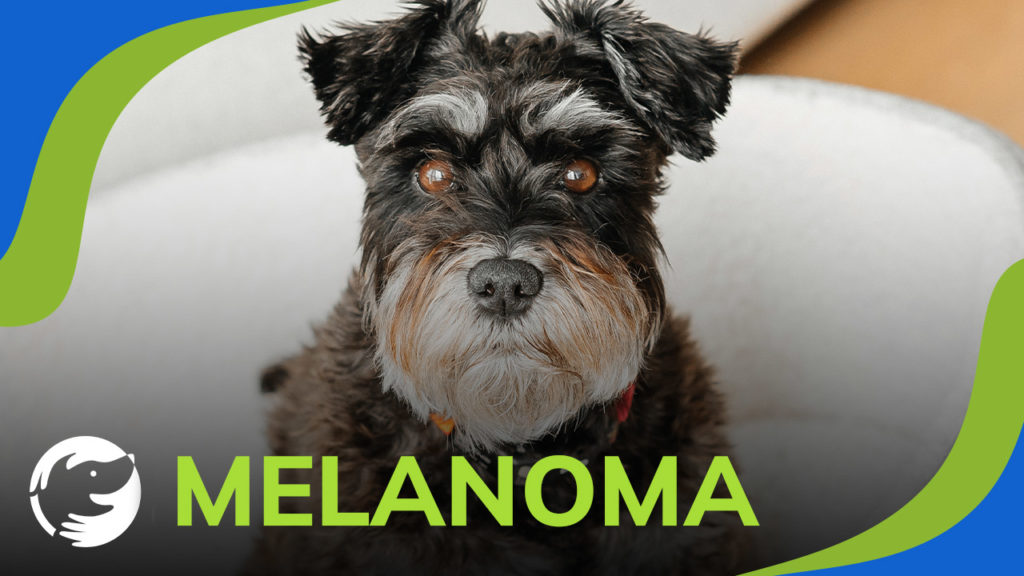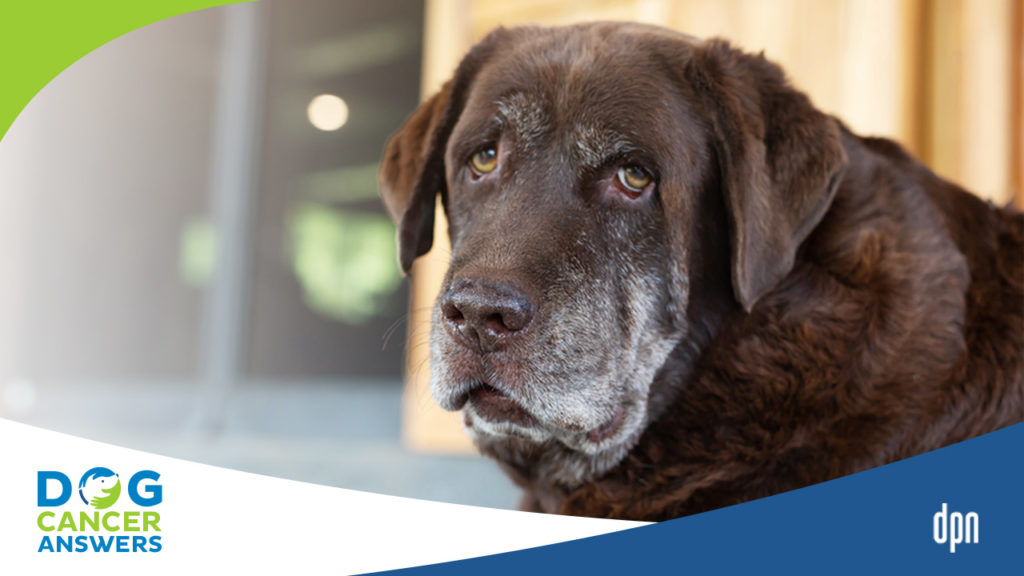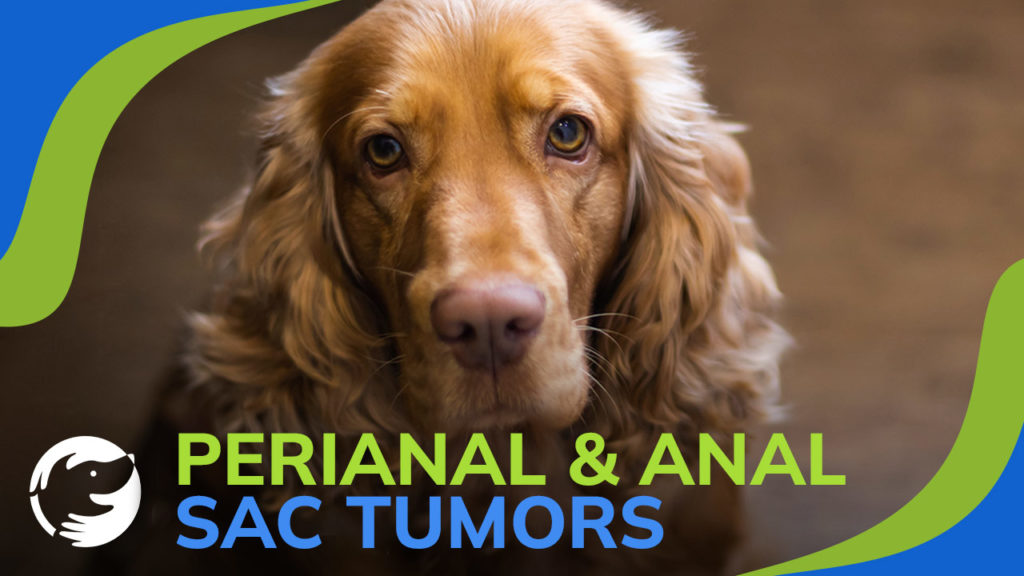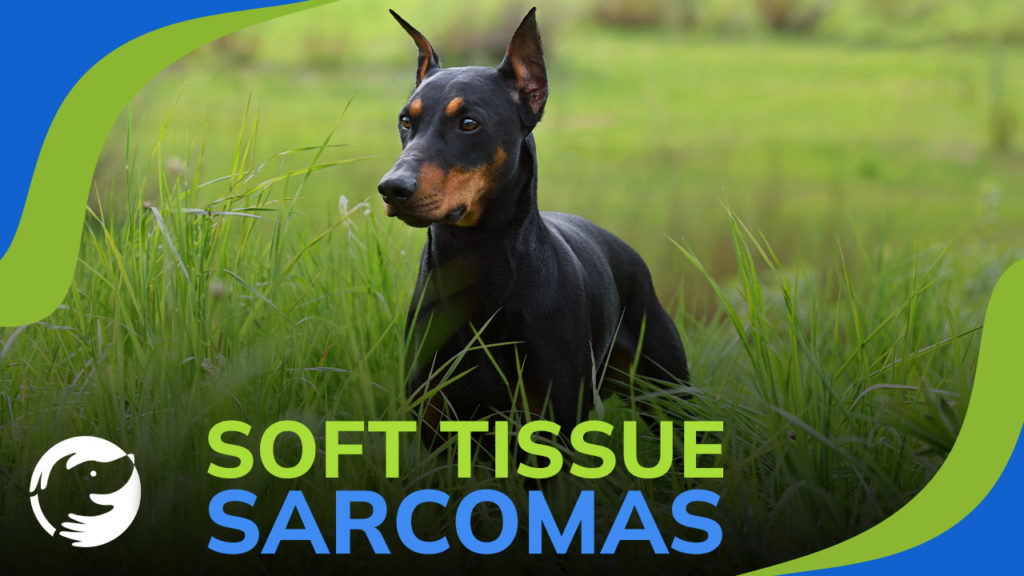
Melanoma
Discover the different types of melanomas in dogs and their specific behavior, including those found in the mouth, digits, and torso.
James Jacobson: One of the cancers that you talk about in The Dog Cancer Survival Guide are Melanomas, Dr. Dressler, I throw out this question to you first, if you have a dog with a melanoma, what are likely signs and symptoms that you are facing?
Dr. Demian Dressler: Well, melanomas are growths that most commonly come out of cells which produce pigment and so they are usually dark, most commonly and they are found in areas also that are dark, usually the surface of the skin and their broken into a few different categories, some of them will turn up in the mouth, somewhere within oral cavity, and then some of them will turn up down on the toe, toe area and that’s another category and then some of them will pop up somewhere usually in the torso the chunk area of the dog and we break these into different categories because of the fact that they behave very differently depending on where they show up and the interesting thing about melanomas are malignant melanomas in dogs different from people. In humans many times fair skin people will get these as a consequence of sunlight exposure, the ultraviolet radiation, but we do not see these in dogs other tumor types yes, but not melanomas so that’s the big difference that everybody should realize.
James Jacobson: Dr. Ettinger, what are your thoughts on melanomas?
Dr. Susan Ettinger: Yeah, most people know about melanoma, just as Dr. Dressler pointed out from people and interestingly the skin melanomas in dogs in general tend to be benign, but once in the oral cavity in the mouth and the digit are malignant and more similar to the skin melanomas in people, it’s a little bit different, but the ones in the mouth and the digit are gonna be one of these cancers that are locally aggressive so very invasive into the tissue and surgery radiation is gonna be very important in the primary area that the cancer is growing and then there’s an exciting new treatment option that you can do to help turn on the body’s immune system to attack the cancer cells that are very metastatic that have a high spread rate. What we’ve learned which is really interesting about the melanoma vaccine is that it works fast for this stomach disease you really still need that surgery and or radiation for the primary cancer. Another question that I get is “can I use the melanoma vaccine to prevent my dog from getting this cancer?” unfortunately that’s not the way that the vaccine works, so it’s really a treatment option and not a preventative option.
James Jacobson: Why did they call a vaccine?
Dr. Susan Ettinger: It’s a vaccine because it turns on the body’s immune system by with the simulations something called tyrosine which is part of the melanoma cell but you’re actually turning on the immune system to go and attack those cancer cells and that’s similar to how a vaccine works and that it’s an immune system military mechanism.
James Jacobson: I get it… Dr. Dressler your thoughts on options on treating melanomas.
Dr. Demian Dressler: Melanomas are cancers that really need the full spectrum approach. We need to be sure that we’re not blind-sided by our own biases, for example if we’re more holistic people, we can’t rely only on the use of say, supplements diet, herbs these type of thing because of the fact that these cancer if it shows up in the mouth, and if it shows up on the digits, it’s not, it’s a serious disease and we have much higher efficacy with the use of surgery and chemotherapy and radiation and if we only rely on the non-conventional approaches now having said that, we need to take advantage of the new information, Dr. Ettinger mentioned on melanoma vaccine it’s an important feature of full spectrum treatment and this is addition to cancer fighting diet, the use of plant derive compounds, phytochemicals, which help turn on cancer cells suicide that is called the apoptogens, fatty acids can help, certain types of fibers can help, and we always need to remember to restore good brain chemistry to anti-cancer state, a cancer fighting state and these can be done by deliberately increasing our joys in life and our life quality efforts so we can have the longest, happiest life possible.
James Jacobson: Dr. Ettinger, Dr. Dressler, thank you so much. There’s a lot more information on melanomas in The Dog Cancer Survival Guide. We thank you both for joining us today.
Dr. Susan Ettinger: Thank you!
Dr. Demian Dressler: Thank you!
Topics
Did You Find This Helpful? Share It with Your Pack!
Use the buttons to share what you learned on social media, download a PDF, print this out, or email it to your veterinarian.
Editor's Picks
CATEGORY






